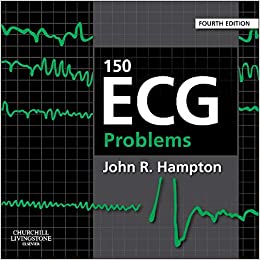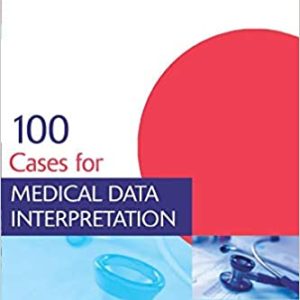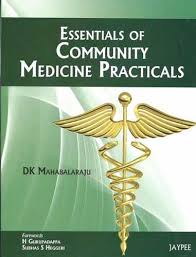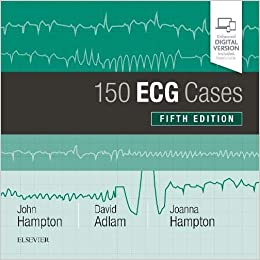Description
General practice (GP) is a broad and comprehensive medical specialty that focuses on providing primary care for a wide range of health issues across all ages, genders, and levels of complexity. It is often considered the cornerstone of healthcare systems worldwide because it emphasizes long-term patient relationships and holistic care, often being the first point of contact for individuals seeking medical attention.
### Key Features of General Practice as a Specialty:
1. **Broad Scope**:
– General practitioners (GPs) manage a wide range of health problems, from common illnesses like colds and flu to chronic diseases such as diabetes, hypertension, and asthma. They also handle minor injuries, mental health issues, and preventive care.
2. **Continuity of Care**:
– GPs often see patients over many years, building a long-term relationship with them. This continuity allows them to manage chronic conditions, monitor long-term health, and provide personalized care tailored to an individual’s needs.
3. **Patient-Centered Care**:
– GPs consider not only physical health but also mental, emotional, and social factors that may affect a patient’s well-being. They take a holistic approach to healthcare, recognizing the importance of lifestyle factors, family dynamics, and community support.
4. **Prevention and Health Promotion**:
– General practice emphasizes disease prevention, health education, and lifestyle modifications. GPs provide routine screenings, vaccinations, and counseling on topics like nutrition, exercise, and smoking cessation.
5. **Referral and Coordination**:
– While GPs handle many health issues themselves, they often coordinate care by referring patients to specialists or other healthcare providers for more complex conditions or specific treatments. GPs play a key role in ensuring that patients receive appropriate care in a timely manner.
6. **Skills and Knowledge**:
– GPs need to be skilled in diagnosing and managing a wide range of conditions, from acute illnesses to chronic diseases. They also need strong communication and interpersonal skills to manage diverse patient populations and address a variety of concerns.
7. **Variety of Practice Settings**:
– General practice can be carried out in a range of settings, including private practices, group practices, community health centers, and outpatient clinics. GPs may also work in hospitals, particularly in emergency or urgent care settings.
### Training and Qualifications:
The pathway to becoming a general practitioner typically involves:
1. **Medical School**: Completing a degree in medicine, usually lasting 4-6 years, depending on the country.
2. **Internship/Residency**: After medical school, newly graduated doctors often complete a general internship or residency program. Some countries require additional training specifically in general practice.
3. **Board Certification/Examinations**: In many places, GPs must pass exams to be certified or licensed to practice. In some countries, there may also be a requirement for continuing medical education to maintain certification.
### Why General Practice is Considered a Specialty:
While general practice might seem like “basic” medicine due to its broad scope, it is considered a specialty for several reasons:
1. **Specialized Skills**: Despite being the first point of contact, GPs require a vast knowledge base and a set of specialized skills to diagnose and treat a wide array of health conditions across all age groups and both genders.
2. **Comprehensive Care**: General practice is unique in its comprehensive approach to patient care. GPs manage everything from preventive care and health education to complex chronic disease management.
3. **Problem-Solving Ability**: GPs often need to act as diagnosticians, treating symptoms with incomplete information or uncertain diagnoses, while maintaining close relationships with patients. They need to be adept at managing uncertainty and providing the best care based on available resources.
4. **Long-Term Focus**: Unlike specialists who might focus on specific conditions or organ systems, GPs provide ongoing, long-term care to individuals, often for their entire lives, across various stages of health and illness.
### The Role of General Practice in Healthcare Systems:
In many countries, general practice serves as the foundation of the healthcare system:
– **Gatekeeping Role**: GPs often serve as gatekeepers to more specialized care. They are the first point of contact for most health concerns and may refer patients to specialists if needed.
– **Cost-Effectiveness**: Primary care, led by GPs, is generally more cost-effective than specialist care or emergency room visits, making it a key element of efficient healthcare delivery.
– **Access to Care**: GPs improve access to healthcare for underserved populations, including those in rural or remote areas.
### Challenges in General Practice:
1. **Workload**: GPs often experience heavy workloads due to the broad scope of care they provide and the increasing demand for services. This can lead to burnout and a shortage of general practitioners in some regions.
2. **Financial Pressures**: In many healthcare systems, GPs may face financial constraints, especially in private practice or in areas where healthcare funding is limited.
3. **Patient Expectations**: Managing patient expectations can be challenging, as people often seek immediate solutions to health problems, even if they are complex or require time to manage.

























Reviews
There are no reviews yet.